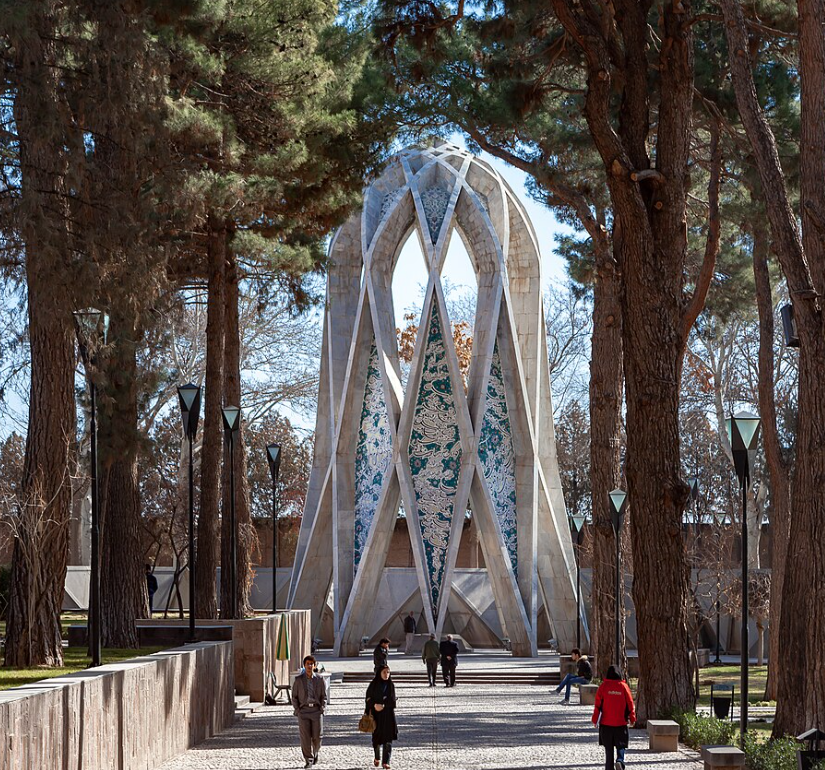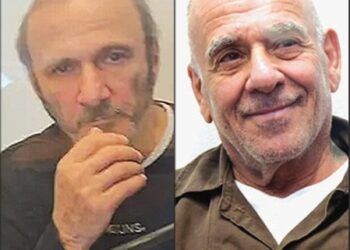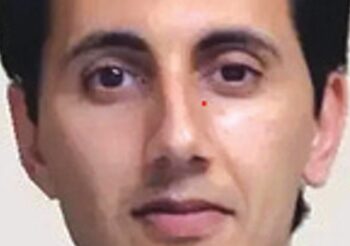March 28,2025
A hardline cleric’s call to demolish the mausoleum of poet and scientist Omar Khayyam has sparked fury, with many calling it an assault on Iran’s national identity by religious fanatics.
The controversy erupted after the clergyman, identified only by his last name, Robati, claimed in a sermon that Khayyam’s monument was deliberately built to overshadow an adjacent Shia shrine.
His comments came just a day after large crowds gathered at the mausoleum in Neyshabur to celebrate Nowruz. Some in the crowd chanted anti-government and pro-monarchy slogans, which may have enflamed Robati.
The current mausoleum was commissioned by Reza Shah in the 1930s, but not built until 1963. It is in a modern style that has become very popular across Iran. Khayyam died in Neyshabur in 1131 CE.
The remarks sparked swift condemnations, with critics accusing hardliners of attempting to erase Iran’s historical and cultural heritage. “Destroying historical memory by demolishing national symbols is one of the most dangerous and costly acts of ignorance that threaten a country’s national security,” wrote academic and political analyst Mehdi Motaharnia on X.
Amid the backlash, several government officials, including the Minister of Culture and Islamic Guidance Abbas Salehi, the President’s Executive Deputy Jafar Ghaempanah, and Reformist politician Azar Mansoori, criticized the attack on national symbols.
Khayyam is celebrated not only for his poetic quatrains (rubaʿiyat), remarkably secular for their time, but also for his contributions to mathematics, astronomy, and the development of the Jalali calendar, which remains Iran’s official calendar.
His poetry, popularized in the West through Edward FitzGerald’s 19th century translations, has earned him global recognition, while his scientific achievements are what he is best known for in Iran.
Thousands of Iranians flocked to the monuments of Iran’s national poets Khayyam in Neyshabur, Ferdowsi in Mashhad, and Hafiz in Shiraz, as well as historical sites such as Persepolis, on March 21 to celebrate the Persian New Year with music and dancing. At some gatherings, people chanted anti-government slogans.
In the wake of the Now Ruz celebrations, authorities in Khorasan Razavi Province shut down the mausoleums of both Khayyam and Ferdowsi, citing the coincidence with Shia mourning days in the month of Ramadan.


























